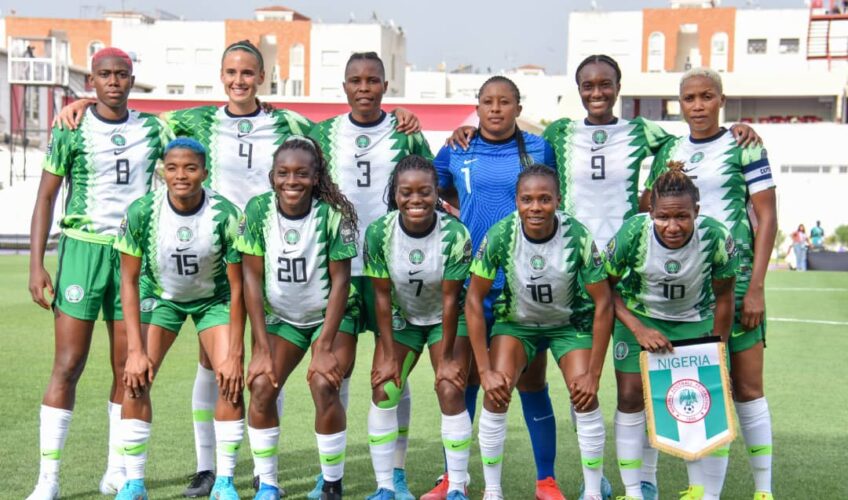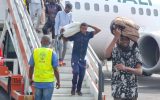As the 2023 Women’s World Cup kicks off in Australia and New Zealand, the Nigerian female national team, the Super Falcons, find themselves at a crossroads, facing some of the toughest tests they have ever encountered. Despite being one of the few teams to have participated in all editions of the FIFA Women’s World Cup, the Super Falcons are gearing up for a defining moment in their history.
The road to this global showdown hasn’t been easy for the Super Falcons. It has been almost a year since Africa’s best women’s teams battled for continental bragging rights in Morocco, with South Africa ultimately clinching the crown. Now, on a bigger canvas, they face the world’s best women footballers for the coveted World Cup title.
This year’s tournament promises fierce and exciting games, with a new dimension added by the emergence of formidable contenders like England, Spain, Canada, Holland, and France, alongside traditional powerhouses like the United States, Germany, Norway, and Japan.
However, amidst this grand stage of global competition, the Super Falcons must navigate their way through internal challenges that threaten to overshadow their performance on the pitch. One of the significant issues plaguing the team is the recurring row over match bonuses and financial incentives.
As the Super Falcons prepare to face Canada in a rematch from their victorious encounter at the 2011 edition of the World Cup, they are also grappling with disputes over bonuses and allowances. Just weeks before the tournament’s commencement, reports surfaced that the players were considering boycotting the opening game against Canada due to the cancellation of their match bonuses by the Nigeria Football Federation (NFF).
This isn’t the first time such disputes have arisen within the team. The Super Falcons have a history of demanding monetary rewards at major competitions, leading to concerns about how this internal turmoil might impact their performance and unity on the field.
While some have dismissed the boycott threat as mere rumors, the country’s lawmakers have taken an interest in the matter, summoning the NFF to explain the situation. The House has urged the NFF to pay match bonuses and allowances to the Super Falcons to prevent any potential embarrassment for Nigeria.
On the footballing front, the Super Falcons face formidable opponents, including co-hosts Australia and the resurgent Northern Ireland, in their quest to advance beyond the group stage. They must overcome the challenge of facing Canada, a team that has since evolved and proved its mettle on the global stage.
Despite the uncertainties surrounding the team, many believe that the Super Falcons have the potential to make a mark at this World Cup. The players’ determination and resilience could be the key to defying the odds and advancing beyond the quarterfinal stage, where they have been halted for so long.
Amidst the challenges and distractions, the Super Falcons have the opportunity to showcase their skills, determination, and unity as they aim for redemption on the world stage. With legends like Onome Ebi and Francisca Ordega among their ranks, alongside the guidance of Coach Randy Waldrun, the team has the potential to rise above their struggles and create history.
As the world witnesses the battle on the pitch, the Super Falcons’ journey represents more than just a quest for football glory. It is a tale of courage, unity, and the indomitable spirit that defines Nigerian football, a spirit that has driven them through highs and lows.
Will the Super Falcons overcome their inner struggles and emerge triumphant at the 2023 Women’s World Cup? Only time will tell, but one thing is certain – they carry the hopes and dreams of a nation that is proud of their achievements and eager for them to conquer new frontiers on the grandest stage of women’s football.













